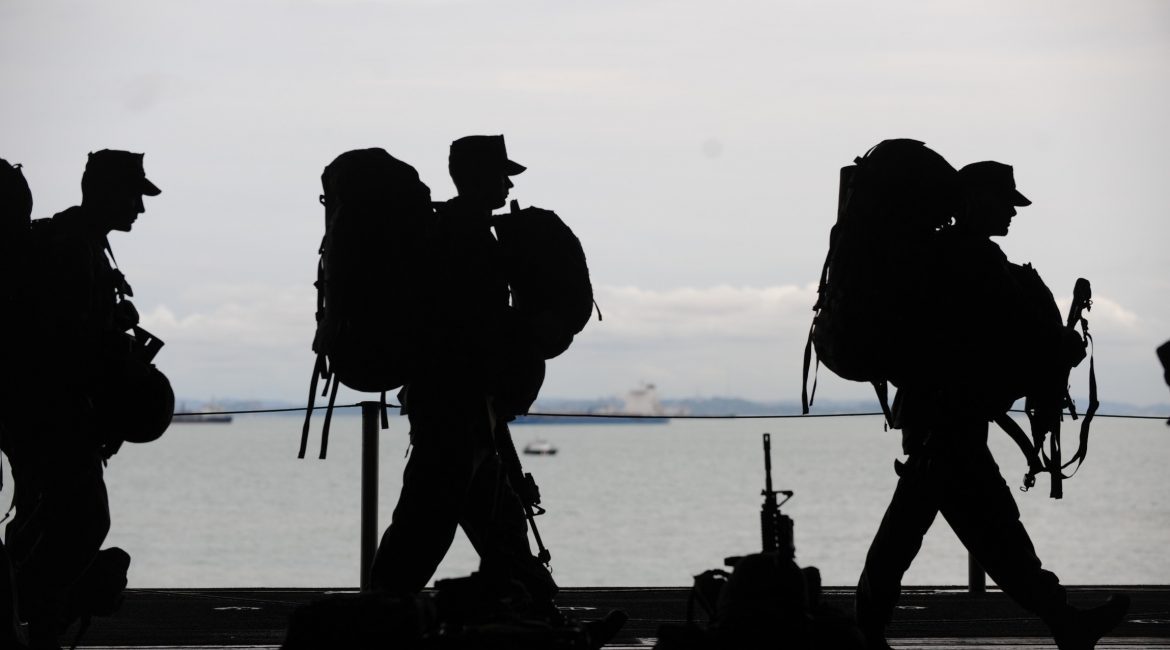The May 2021 deadline to decide whether to fully withdraw American troops out of Afghanistan, as agreed in the Doha peace deal, looms large as President Biden’s first major foreign policy challenge.
National Security Advisors and the secretary of Defense have reached a consensus that the May 1st deadline for the withdrawal of close to 3500 US Troops and the close to 7000 of ally troops is a logistical nightmare. On the other side, the mentioned date is part of the agreement reached by the Trump administration. One of the objectives for the Bides administration should be to check if the Taliban changed their mind, in the context of ISIS reappearance. The question should be, what’s in the best interest of USA now and not to compare with the situation of 20 years ago. The current question for the actual US administration should be if the Taliban could get comfortable with our presence, or at least to explore the option. The presence of US troops all across the world is well knows, in countries varying from Germany to Japan. A regional peace plan could be achieved, even with the Iranian militias. The complete retreat of the US troops might generate a new wave of transnational threats. Extremist groups might use Afghanistan as a safe hub, a country from which they can generate funding, traction, and overall create a base from which attacks can be launched.
The experts’ consensus is that this situations needs to be well balanced, in order to avoid news and rumors regarding the intentions of the US to force its will over a muslim country. There is several pieces to this puzzle and there are a number of things to be taken into consideration: there is still a terrorist risk in Afghanistan, where ISIS and AQ, among others, are a funded presence which can be, again, a transnational threat. Also, a potential temporary extension of US troops over the deadline stipulated in the Doha agreement, might represent an immediate danger to the military troops present in the region. An “over the horizon” approach might be more suited in managing the still existent and, unfortunately, emerging terrorist threat. The Afghan government, considered by many corrupt, working together with the Taliban Troops will still maintain, in spite of any military presence in the region, a closer control and influence at the regional level.
Another matter to be taken into consideration is the possible safe haven to be re-instated in Afghanistan, as the US troops withdrawal might be considered, by the talibans, as a regional victory. An important example regarding the matter is the withdrawal of troops from Iraq, which gave ISIS the possibility to impose their Caliphate, rising the need for a even more complex, expensive military intervention. US withdrawal did not leave a legacy of security and stability. In fact, the presence of US forces may have artificially suppressed the severity of Iraq’s internal political, military, and economic challenges. Since the US withdrawal, Iraq has faced an unsettling rise in civil unrest, and is experiencing a political power struggle that threats to undermine its ability to develop into a functioning democracy.
For future Allied foreign policy, 1st of May and the Doha agreement could provide a historic opening to redefine America’s foreign policy in a changing world.
How Afghanistan will impact America’s role in the world

